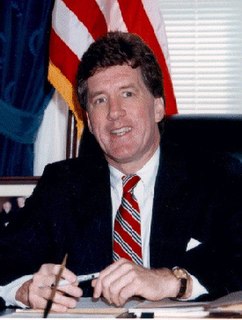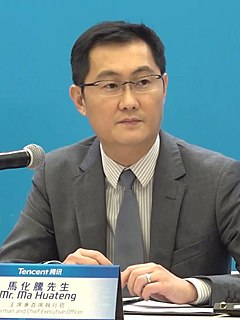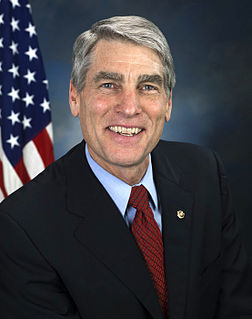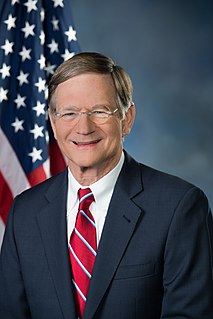A Quote by Howard Coble
It was fairly obvious to anyone who studied the situation that China was dumping bedroom furniture in the U.S. to the detriment of our American workers and manufacturers to gain market access and share.
Related Quotes
We have met our passion to be ambition to grow our market share significantly in North America. Motorola helps address two other priority markets for us - the acquisition has enabled us to become the No. 1 foreign vendor in Japan. It also gives us an increased market share with China Mobile in China.
During the 1999 debate over Permanent Normal Trade Relations with China President Bill Clinton said, 'In opening the economy of China, the agreement will create unprecedented opportunities for American farmers, workers and companies to compete successfully in China's market. WRONG: Our trade deficit with China has increased from $83 billion in 2001 to a record breaking $342 billion in 2014.
Well, the sugar guys have been dealing with NAFTA ever since it passed. Now we've got Mexico dumping sugar that's subsidized by the Mexican government into our market in violation of the World Trade Organization, because NAFTA gave them open access to our sugar market. They claim they're not subsidized, but the government owns half the industry in Mexico.
Apparently, union bosses are so distraught about declining enrollments they will stoop to exploiting illegal workers. There is no doubt that this would hurt American workers, who would suddenly face a flooded job market full of cheap foreign labor. It would depress the wages of the American workers and cost them jobs.
Land Grant College Act is the jewel of Republican reform. It had not occurred to any other country to educate their farmers and workers. When the British studied the reasons for American success in 1851, the consensus was that Americans workers were well educated. So they didn't oppose progress the way British workers did.
It requires a different holistic approach and a recognition that it's not simply a question of stepping into China's shoes. Our 'Make in India' has to be different from China's in the sense that we have to do a 'taal-mel' or 'jugalbandi' of our IT skills that exist and our evolving manufacturing skills and become intelligent manufacturers.
I share the skepticism that my friends have about NAFTA. It was woefully weak in protecting workers and on the enforcement side. The question is can we meaningfully build a trade regime that has as its North Star protecting American workers and American jobs through meaningful enforcement? I think we can.

































